Decentralization and delegation of authority in the industry and trade sector achieve high efficiency
Speaking at the Conference, Minister of Industry and Trade Nguyen Hong Dien said that, implementing the direction of the Prime Minister, the Ministry of Industry and Trade promptly advised and issued two decrees (139 and 146), through which 208/401 tasks (equivalent to 52%) under the state management authority of the Ministry were decentralized to localities.
At the same time, 150/486 administrative procedures (accounting for 30.86%) have been simplified, meeting the long-standing wishes of local authorities.
Minister Nguyen Hong Dien speaks at the conference on the morning of July 13.
Previously, to ensure effective implementation, the Ministry of Industry and Trade urgently issued guiding circulars and organized nationwide training on June 27, before the merger of provinces and cities on July 1. The Ministry is always on duty and maintains a hotline to support and assist localities in implementing the above decentralization issue.
Therefore, up to now, the Industry and Trade sector has not recorded any major problems. However, the Ministry is still committed to continuing to accompany localities to operate this model proficiently and proactively.
In addition, regarding the task of supplying electricity for key transport projects in the Mekong Delta, Minister Nguyen Hong Dien affirmed that he had successfully completed two assigned tasks, which were to ensure electricity supply during both the construction phase and when the project was completed and put into use.
At the same time, the relocation of power projects (mainly power lines and transformer stations) is basically complete, with only 3 locations expected to be completed before September 30, resolving site clearance work to serve key projects.
Committed to working side by side with the Mekong Delta to sustainably develop 1 million hectares of high-quality rice
Regarding the Project of 1 million hectares of high-quality, low-emission rice, the Minister of Industry and Trade emphasized that this is a very correct decision of the Party, State and Government to increase the value of the rice industry, improve people's income and life and respond to climate change.
With this project, The Ministry of Industry and Trade is assigned to coordinate the development of the processing industry and expand the consumption market. Recently, the Ministry has advised the Government to approve the strategy for developing the rice export market until 2030, with a vision to 2050; amend and complete the legal framework (Decree 107 to Decree 01 in 2025) and will continue to amend in the next few weeks.
Minister Nguyen Hong Dien received and worked with the Minister of Agriculture of the Philippines to promote trade relations and cooperation in developing markets for agricultural products, especially rice trade cooperation.
The Ministry has also actively implemented trade promotion activities and expanded markets by signing memorandums of understanding (MOUs) and moving towards signing rice trade agreements with a number of potential markets. Notably, during the Prime Minister's recent working trip to BRICS, the Ministry of Industry and Trade promptly sent diplomatic notes and draft reference clauses to five countries: Indonesia, the Philippines, Malaysia, Singapore and Brazil.
To effectively implement the Project on sustainable development of 1 million hectares of high-quality rice in the Mekong Delta, Minister Nguyen Hong Dien requested ministries, branches and localities to coordinate and focus on implementing the following issues:
Firstly , continue to promote the restructuring of the rice industry, from planning to production organization; adjust the structure of varieties, cultivation techniques, apply machinery, improve post-harvest technology. Develop cooperative economy, link production for consumption; create a stable and high-quality source of goods for export to the markets that Vietnam has signed.
Second , strictly control the surplus of pesticides, move towards green agriculture, promote the application of science and technology, strengthen the control of input factors, from seeds, fertilizers, pesticides, and cultivation processes to meet the increasing demands of import markets. Continue to improve production organization methods and database systems for traceability; invest in developing drought- and salt-resistant rice varieties and smart agricultural technology solutions to ensure stable supply for markets.
Third , continue to diversify trade promotion, product development and marketing according to the specific tastes and needs of each market. Build and promote the Vietnamese rice brand, especially brands that have been recognized by the world, such as ST25. Promote the export of high-quality rice to markets with high purchasing power, combining the exploitation of traditional markets and opening new markets, in Africa, the Middle East, South Asia, Northeast Asia, Eastern Europe, and South America.
Conference on the implementation of the two-level local government model; progress of key transport projects and the project for sustainable development of 1 million hectares of specialized rice in the Mekong Delta.
Fourth , optimize the supply chain, reduce transportation costs, process rice and improve logistics capacity. Pay attention to exploiting synchronous transport infrastructure, from maritime, aviation, high-speed railway in the future.
Fifth , promote the special role of local authorities in directing the implementation of the 1 million hectare high-quality rice project. Reality shows that regions and areas in the country have long been interested in rapid growth, focusing on the industrial and service sectors, while the agricultural sector is almost left to the locality.
To promote the potential of the provinces in the region, the directions in the fields of planning, production organization, and brand building to dominate the market and maintain the market must be the primary responsibility of the authorities at all levels.
Associations , such as the Food and Import-Export Association, need to enhance their responsibility and increase their contributions in building and criticizing policy mechanisms on opening and holding markets.
Sixth , after the merger, localities in the Mekong Delta need to step up reviewing and adjusting regional and local planning and encourage synchronous investment to exploit the strengths of new development spaces to effectively implement the 1 million hectare rice project.
Source: https://moit.gov.vn/tin-tuc/hoat-dong/bo-truong-nguyen-hong-dien-tham-du-hoi-nghi-ve-thuc-hien-mo-hinh-chinh-quyen-dia-phuong-hai-cap-cac-du-an-giao-thong-tro.html


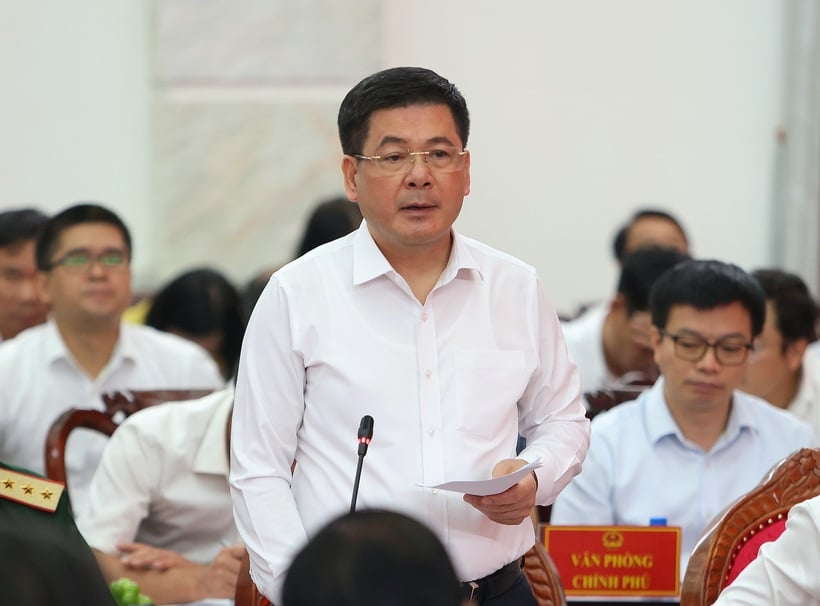
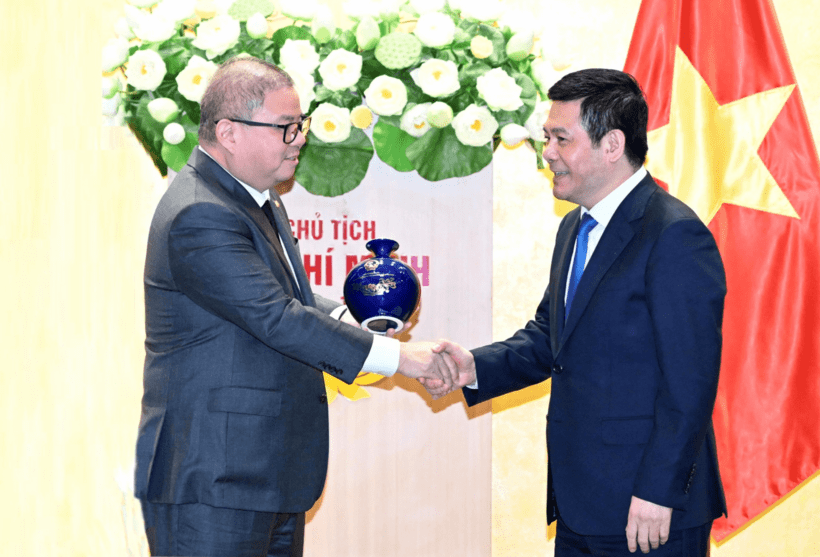
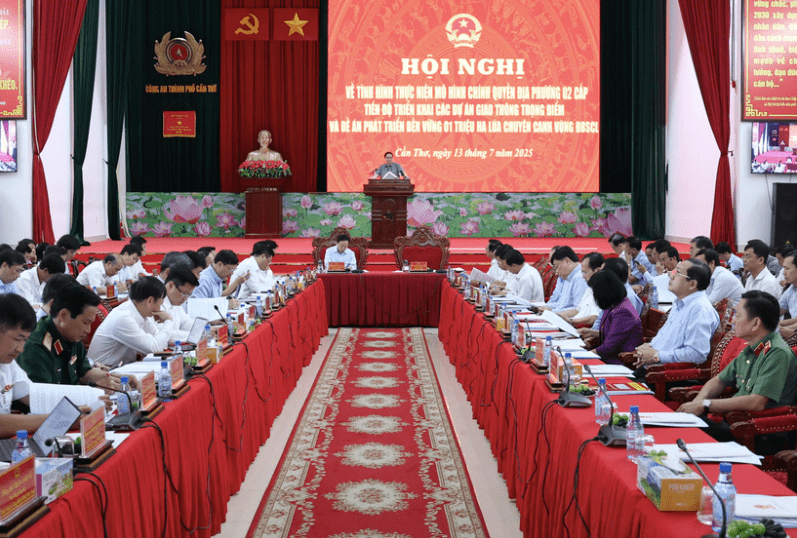
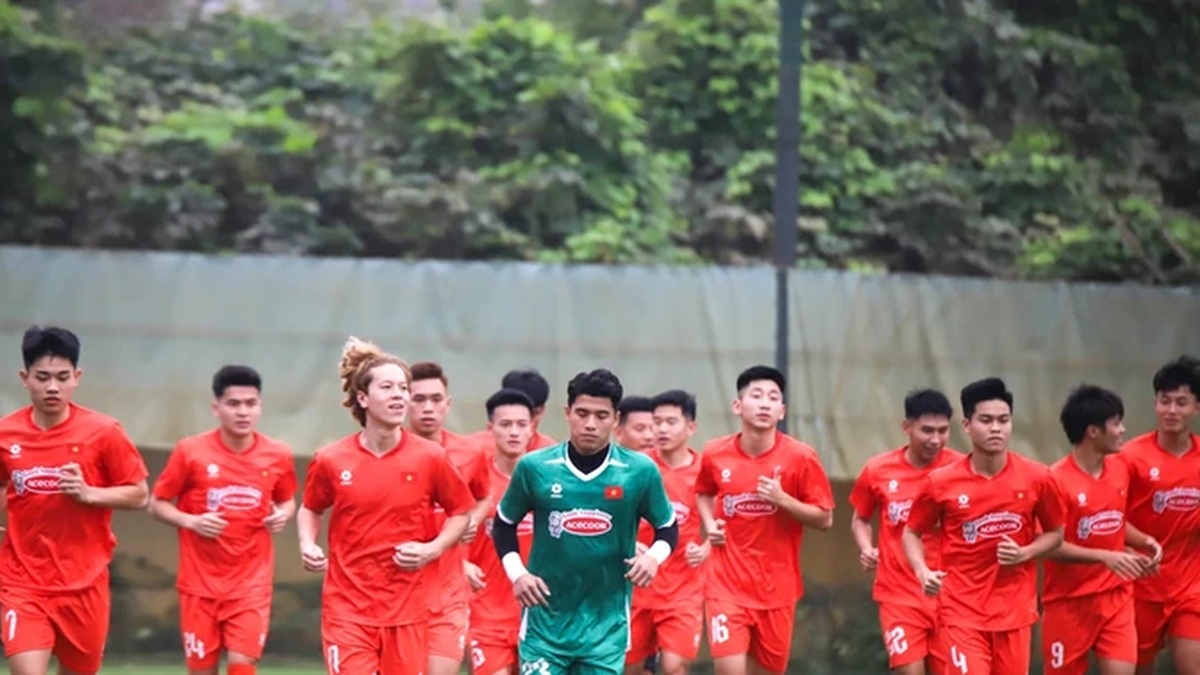

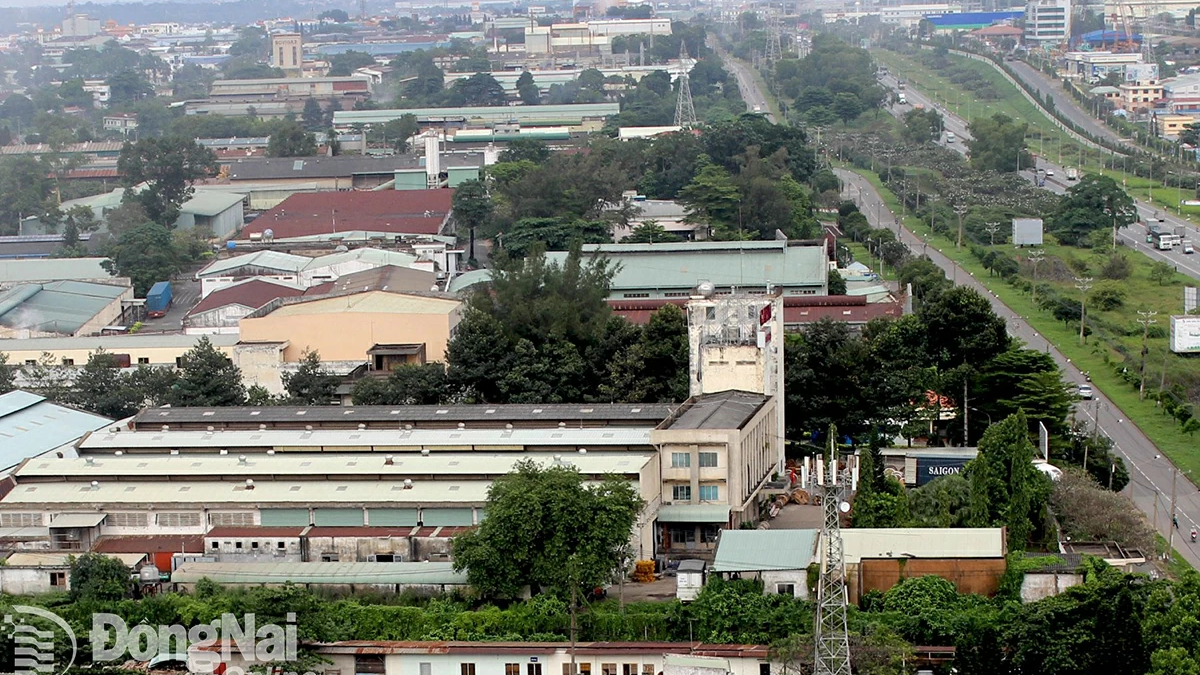
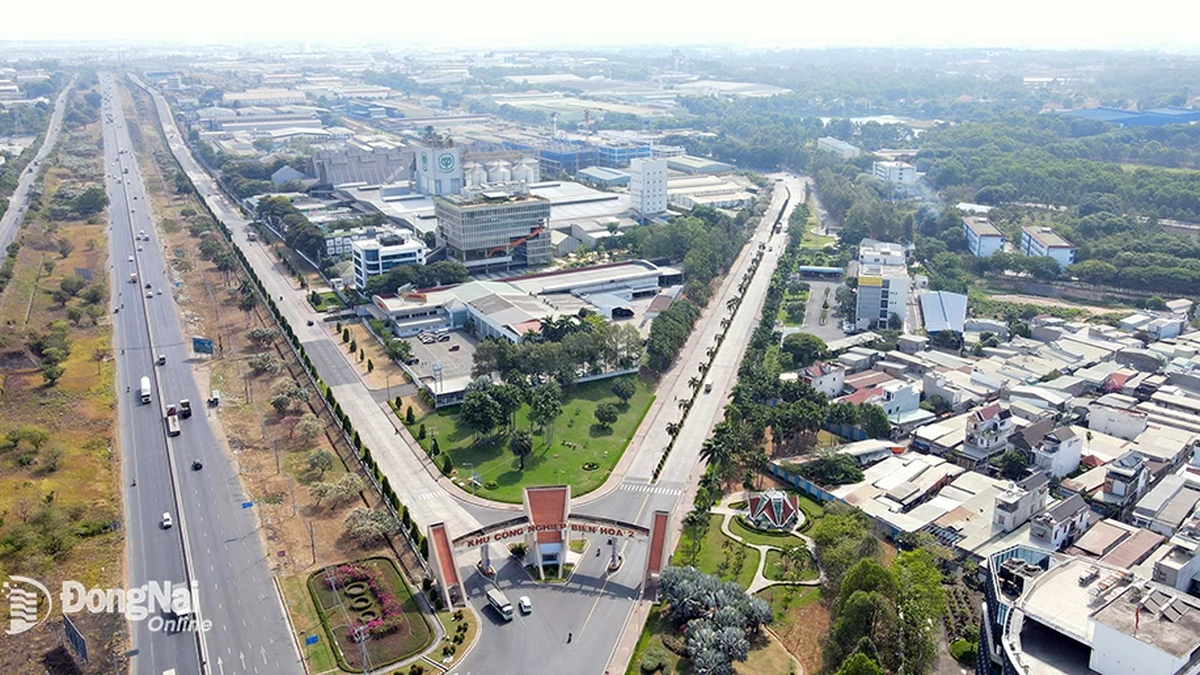

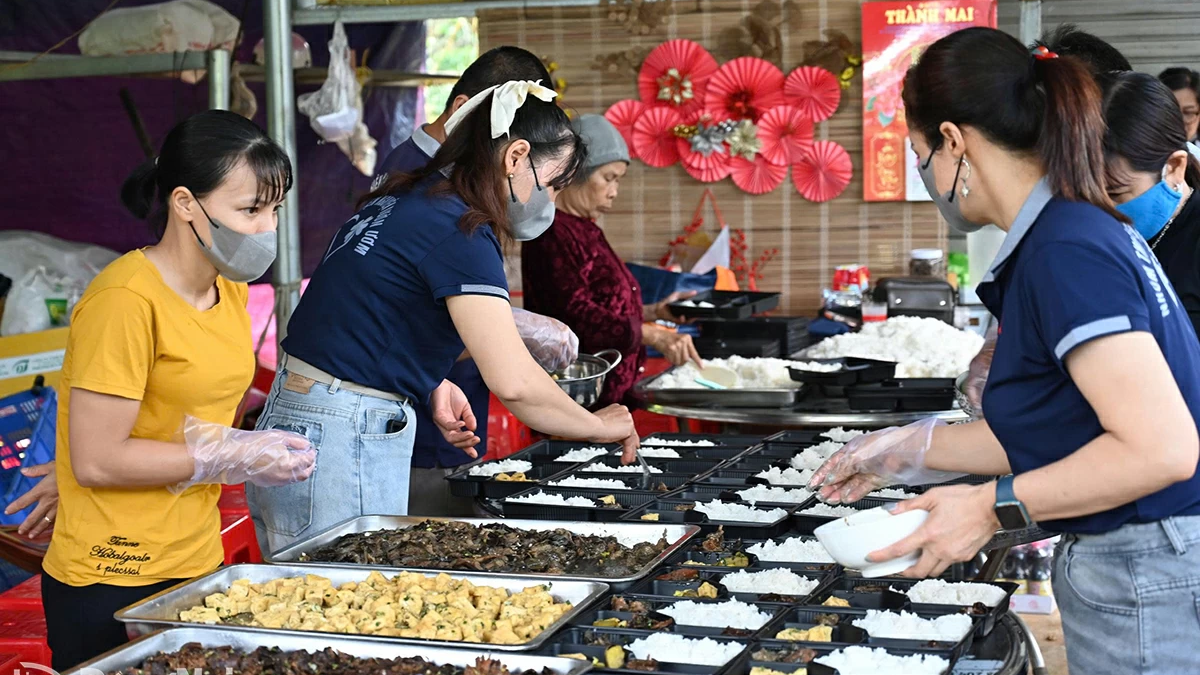

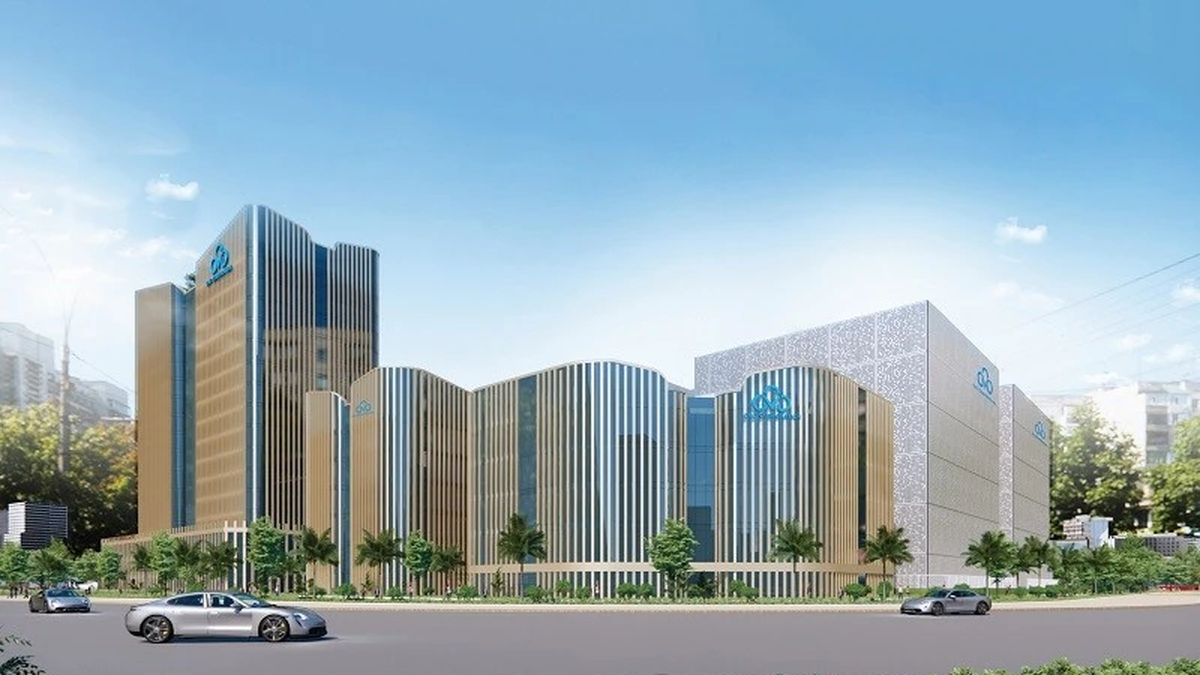
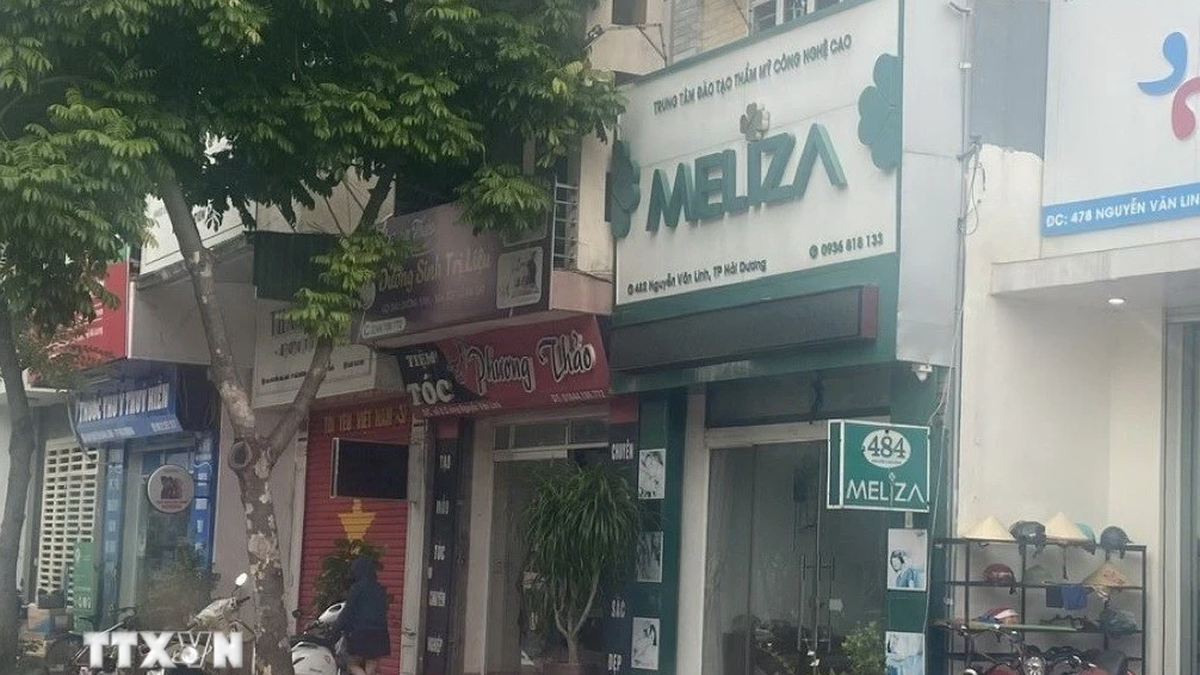











































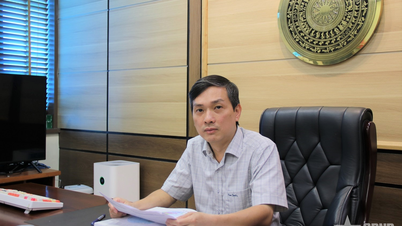








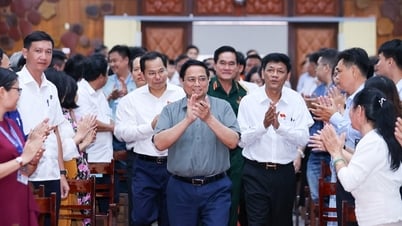


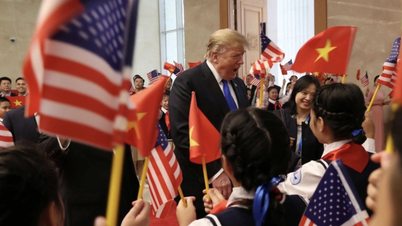
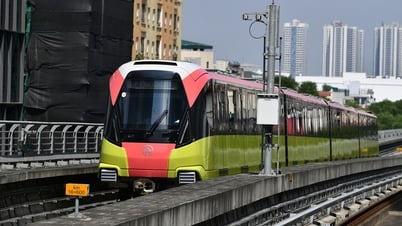
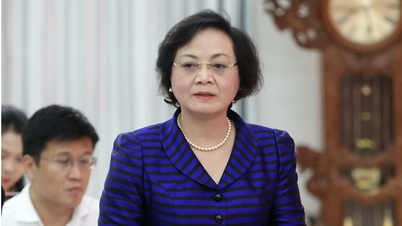

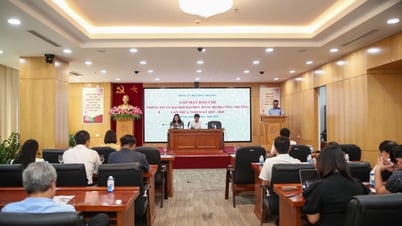

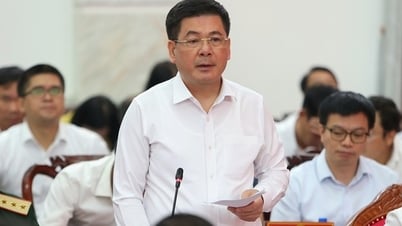

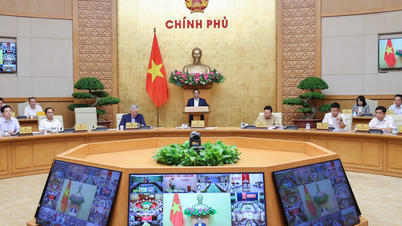

























Comment (0)